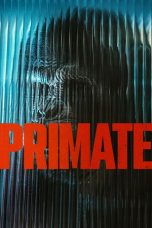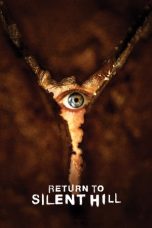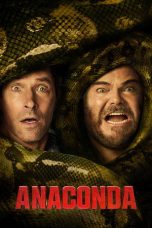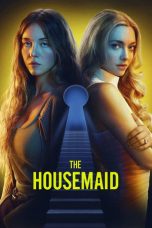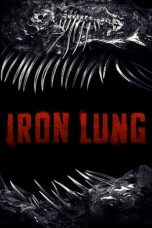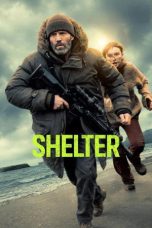28 Days Later (2002) Review: A Revitalizing Take on the Zombie Genre
28 Days Later, directed by Danny Boyle and released in 2002, is a landmark film in the zombie genre, notable for its intense atmosphere, innovative storytelling, and impactful social commentary. The film stars Cillian Murphy, Naomie Harris, and Christopher Eccleston and is celebrated for its revitalizing approach to zombie horror and its exploration of post-apocalyptic themes.
Plot Summary
The film begins with a gripping and unsettling premise: a virus known as “Rage” is accidentally released from a laboratory, leading to a pandemic that transforms people into aggressive, rage-fueled creatures. The story follows Jim (Cillian Murphy), a bicycle courier who awakens from a coma 28 days after the outbreak to find London deserted and overrun by the infected.
As Jim navigates the desolate city, he encounters a group of survivors including Selena (Naomie Harris) and Mark (Noel Clarke), who are trying to find safety and a potential cure. The group eventually discovers a fortified military base where they hope to find refuge. However, they soon realize that the threats they face are not only from the infected but also from other survivors who pose their own dangers. The film explores themes of survival, humanity, and the collapse of societal structures in the face of disaster.
Performances
- Cillian Murphy as Jim: Murphy delivers a powerful and empathetic performance as Jim, capturing the character’s vulnerability and resilience. His portrayal adds depth to the film’s exploration of survival and the human spirit.
- Naomie Harris as Selena: Harris brings intensity and strength to her role as Selena, a survivor with a pragmatic and determined approach to the crisis. Her performance contributes significantly to the film’s dynamic and emotional range.
- Christopher Eccleston as Major Henry West: Eccleston plays Major West with a mix of authority and menace, adding complexity to the film’s depiction of military authority and the ethical dilemmas faced by the characters.
Direction and Script
Danny Boyle’s direction is characterized by its energetic and visceral style, using handheld camera work and fast-paced editing to create a sense of urgency and chaos. The screenplay, written by Alex Garland, combines horror elements with social commentary, exploring the breakdown of civilization and the moral implications of the characters’ actions.
Cinematography and Style
The cinematography by Anthony Dod Mantle is striking and effective, using gritty visuals and desaturated colors to enhance the film’s apocalyptic atmosphere. The film’s style includes a mix of stark realism and horror elements, contributing to its intense and immersive experience.
Critical Reception
28 Days Later received widespread acclaim for its fresh approach to the zombie genre and its effective combination of horror and social commentary. The film was praised for its innovative use of fast-moving zombies, its impactful storytelling, and its ability to create a tense and unsettling atmosphere. It has been credited with revitalizing interest in the zombie genre and influencing subsequent films and media.
Where to Watch “28 Days Later” Online
For those interested in watching 28 Days Later, the film is available on several streaming platforms and services:
Streaming Services
- Amazon Prime Video: Available for rental or purchase, offering various quality options.
- Apple TV: Provides the film for rental or purchase, ensuring high-definition streaming.
- Google Play Movies & TV: Offers options to rent or buy 28 Days Later, catering to Android users and Google account holders.
- YouTube Movies: Allows viewers to rent or purchase the film, similar to other services.
Rental and Purchase Options
Most platforms offer flexible rental and purchase options, with prices varying based on quality and format.
Conclusion
28 Days Later is a seminal film in the zombie genre, praised for its innovative approach, intense atmosphere, and thought-provoking themes. With strong performances from Cillian Murphy and Naomie Harris, and Danny Boyle’s dynamic direction, the film provides a gripping and impactful experience. Its blend of horror, social commentary, and revitalization of zombie tropes makes it a standout entry in contemporary horror cinema.


